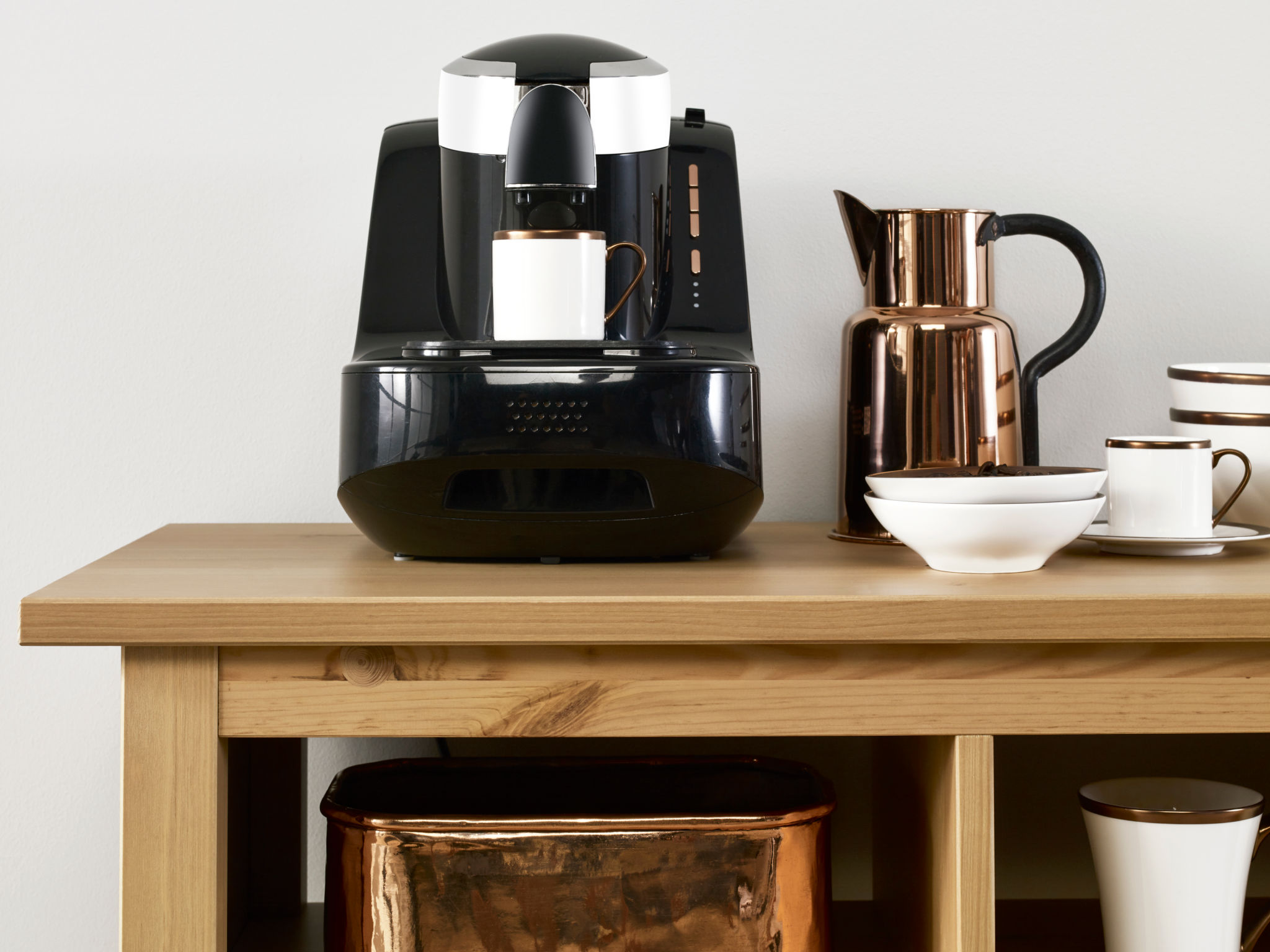The Best Middle Eastern Style Coffees You Need to Try
TM
Exploring the Rich Flavors of Middle Eastern Coffee
The Middle East is renowned for its rich coffee culture, which dates back centuries. This region is home to some of the most unique and flavorful coffee varieties. If you're a coffee enthusiast looking to expand your palate, Middle Eastern style coffees are a must-try. In this blog post, we'll explore some of the best Middle Eastern coffees that you need to experience.

Turkish Coffee: A Time-Honored Tradition
Turkish coffee is a staple in Middle Eastern coffee culture. Known for its strong flavor and unique preparation process, it is made by boiling finely ground coffee beans with water and sugar in a special pot called a "cezve" or "ibrik." The result is a rich, frothy coffee that is traditionally served in small cups. What makes Turkish coffee special is its bold taste and aromatic profile, which are enhanced by the addition of cardamom or other spices.
Arabic Coffee: A Symbol of Hospitality
Arabic coffee, or "qahwa," is deeply embedded in the cultural traditions of the Middle East. It is often served during social gatherings as a symbol of hospitality and generosity. Made with lightly roasted coffee beans and flavored with spices such as cardamom, saffron, and cloves, Arabic coffee offers a delicate, aromatic flavor. It is typically served in small cups without sugar, allowing the natural flavors to shine through.

Ethiopian Coffee: The Birthplace of Coffee
Ethiopia is often regarded as the birthplace of coffee, and its traditional coffee ceremony is an integral part of its culture. Ethiopian coffee is known for its diverse flavor profiles, ranging from fruity and floral to earthy and rich. The coffee ceremony involves roasting green coffee beans, grinding them, and then brewing them in a clay pot known as a "jebena." This process allows for a deep connection with the coffee-making experience and offers a truly unique taste.
Yemeni Coffee: The Ancient Brew
Yemen has a long-standing history with coffee, being one of the first countries to cultivate it. Yemeni coffee is celebrated for its distinct taste, often described as complex with notes of wine, chocolate, and fruit. The traditional method of brewing Yemeni coffee involves boiling the ground beans with spices such as cinnamon and ginger, resulting in a rich and flavorful drink that captivates the senses.

Lebanese Coffee: A Blend of Heritage and Flavor
Lebanese coffee, similar to Turkish coffee, is known for its bold flavor and thick texture. It is typically brewed using finely ground dark roast beans with sugar added during the brewing process. Often accompanied by sweets or desserts, Lebanese coffee holds a special place in social and family gatherings. Its strong taste and aromatic quality make it an unforgettable experience for any coffee lover.
Why You Should Try Middle Eastern Coffees
Middle Eastern coffees offer more than just a caffeine fix; they provide an opportunity to experience rich cultural traditions and flavors that have been passed down through generations. Whether you're savoring the robust taste of Turkish coffee or enjoying the fragrant aroma of Arabic qahwa, each cup tells a story of heritage and craftsmanship. Here are some reasons why you should explore these coffees:
- Unique Flavors: Each type of Middle Eastern coffee offers distinct flavors that set them apart from typical Western brews.
- Cultural Experience: Enjoying these coffees allows you to partake in time-honored traditions.
- Natural Ingredients: Many Middle Eastern coffees incorporate natural spices that enhance their taste without artificial additives.
How to Enjoy Middle Eastern Coffees at Home
If you're ready to embark on this flavorful journey, you can easily prepare many of these coffees at home. All you need are the right ingredients and equipment. For example:
- Turkish Coffee: You'll need finely ground coffee beans, water, sugar, and a cezve or ibrik.
- Arabic Coffee: Lightly roasted beans, cardamom or other spices, and a dallah pot.
- Ethiopian Coffee: Green beans for roasting, a grinder, and a jebena.
By following traditional methods and experimenting with different spice blends, you can bring the authentic taste of Middle Eastern coffees into your home.

